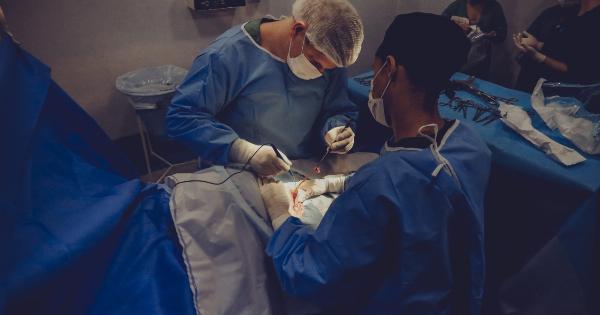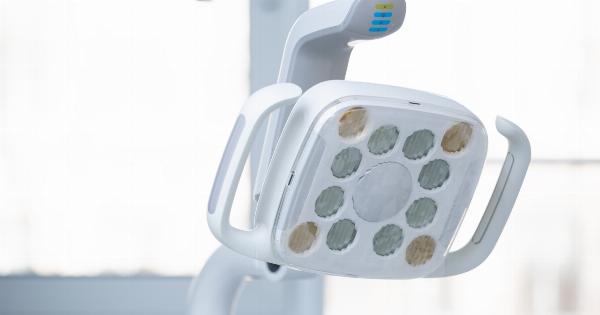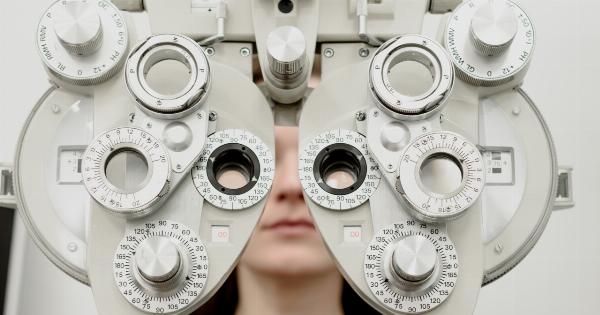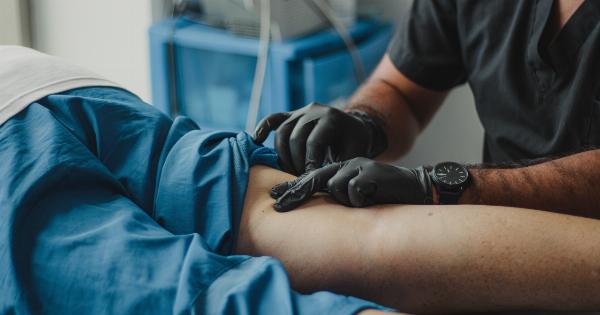Corneal transplantation, also known as corneal grafting, is a surgical procedure that replaces a damaged or diseased cornea with a healthy one from a donor.
It is a well-established procedure that has been performed for many years, with a high success rate. Corneal transplantation is a quick and hassle-free process that can help restore vision in patients with corneal diseases or injuries. Here’s everything you need to know about the procedure.
Who Needs a Corneal Transplant?
Corneal transplantation is recommended for patients with corneal diseases or injuries that cannot be treated with medication, glasses, or contact lenses. Some common corneal conditions that may require a transplant include:.
- Corneal scarring
- Keratoconus
- Fuchs’ dystrophy
- Corneal infections
- Corneal degeneration
- Corneal injuries or trauma
If you have any of these conditions, you should consult your eye doctor to determine if a corneal transplant is the right option for you.
The Corneal Transplant Procedure
A corneal transplant is usually an outpatient procedure that is performed under local anesthesia. The entire procedure takes about an hour, and you will be able to go home on the same day. Here’s what you can expect during the procedure:.
- The surgeon will remove the damaged or diseased cornea and replace it with a healthy cornea from a donor. The donor cornea is obtained from an eye bank and screened for infections and diseases.
- The new cornea is stitched into place using tiny sutures, which will be removed in a few months. The sutures help hold the new cornea in place while it heals.
- You will be given eye drops and medications to prevent infections and reduce inflammation and pain after the surgery.
You may experience some discomfort and blurry vision for a few days after the surgery, but this is normal and should improve as your eye heals.
You will need to follow your doctor’s instructions for post-operative care, including using the prescribed eye drops and avoiding strenuous activities for a few weeks.
Benefits of Corneal Transplantation
Corneal transplantation has several benefits. Here are some of the most significant ones:.
- Improved vision: A corneal transplant can restore clear vision in patients with corneal diseases or injuries.
- Pain relief: Corneal diseases or injuries can cause severe pain and discomfort, which a corneal transplant can alleviate.
- Quick recovery: Corneal transplantation is a quick and relatively simple surgical procedure that can be performed on an outpatient basis.
- High success rate: Corneal transplantation has a high success rate, with most patients experiencing significant improvement in their vision and quality of life.
If you’re considering corneal transplantation, talk to your eye doctor to learn more about the benefits and risks of the procedure.
Risks and Complications
Like any surgical procedure, corneal transplantation carries some risks and potential complications. Some of the most common ones include:.
- Infection
- Inflammation or swelling
- Rejection of the donor cornea
- Glaucoma
- Cataracts
- Cloudy or distorted vision
Most of these complications can be treated and managed with medications or additional surgeries. However, the risk of complications is generally low, and the benefits of corneal transplantation far outweigh the risks for most patients.
The Cost of Corneal Transplantation
The cost of corneal transplantation varies depending on several factors, including the location, the provider’s fees, and insurance coverage.
In general, the cost of the procedure ranges from $5,000 to $10,000, including the cost of the donor cornea, anesthesia, and other medical fees.
Most insurance plans cover the cost of corneal transplantation, but you should check with your provider to determine your coverage and out-of-pocket expenses.
Final Thoughts
Corneal transplantation is a safe and effective procedure that can help restore vision and alleviate pain in patients with corneal diseases or injuries.
If you’re considering a corneal transplant, talk to your eye doctor to learn more about the procedure and to determine if it’s the right option for you.





























